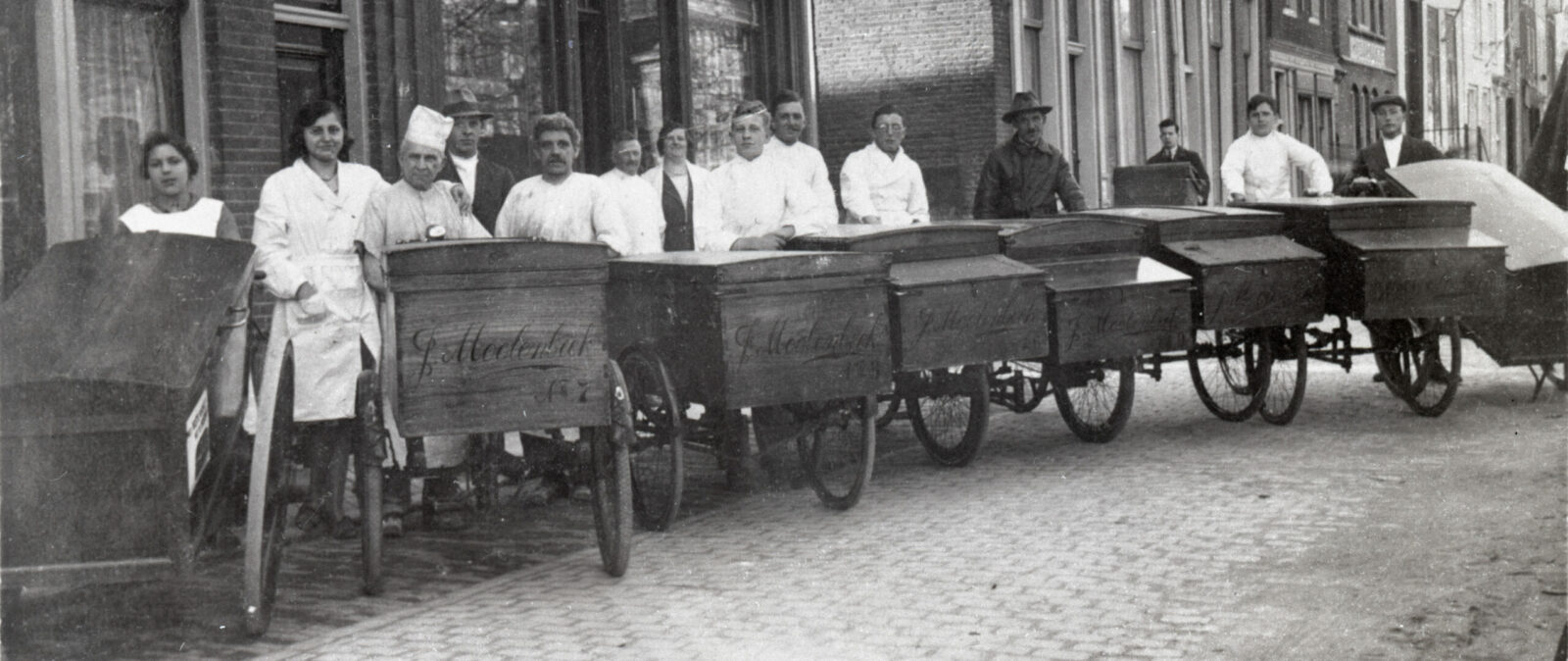Research Network ‘Economy and Society of the Pre-industrial Low Countries in Comparative Perspective’
This network brings together Dutch and Flemish scholars working on different aspects of the economy and society of the Low Countries between 1300 and 1850. The ambition is to introduce more emphasis on comparative research that identifies differences and commonalities both within the Low Countries and with other countries and regions around the globe.
Research directors
Dr Janna Coomans (Utrecht University)
Dr Wout Saelens (University of Antwerp)
Focus points
This network focuses on comparisons and connections on various levels:
- within the Low Countries (both between the Northern and Southern Netherlands and on a regional level), in order to attain a better understanding of diverging dynamics of industrialisation, social inequality, agriculture and trade, factor markets, and circulation of knowledge
- between the Low Countries and surrounding countries, in order to assess the specific characteristics of the North Sea area in terms of economic and social development, demographic behavior, political economy, institutional frameworks, labour markets, and financial markets
- between the Low Countries and the rest of the world, in order to situate economic and social development within the Low Countries within a broader international framework (global trade and migration, colonialism and de-colonisation, environmental change)
Network activities
For each subtheme, the comparative perspective is important: conferences and workshops, inspired by one of the projects of the fellows, or in collaboration with other research networks, address the internationalisation of a specific theme. Dutch ads well as Belgian cases offer excellent opportunities for comparative research related to the major ongoing international debates. Key examples are questions related to the character of early modern growth, dynamics of social inequality, the impact of (European and global/colonial) trade on the domestic economy of the Low Countries, and related to the early industrialisation of Belgium
Background
The basic assumption of the network is that the growth and development of the economy of the Low Countries after 1300 resulted from the interaction between available means of production, institutions, and social relations – the latter referring both to social stratification and to the ability of (groups of) economic actors to appropriate the available means of production and/or change prevailing institutions to their advantage.
The distinction between these factors leads to three major fields of research:
- The reconstruction of the real economy is concerned with changes in the production and technology in agriculture, industry, and trade. This field of research encompasses present research on the development of international trade and rural industry, determinants of technological change, early modern entrepreneurship, and labour relations (including women’s labour and the household). Moreover, research includes the development of both rural-urban and regional interaction within the Low Countries and with surrounding regions, and the measurement of economic performance through a reconstruction of national accounts from the 15th century onwards.
- Research on institutional change is concerned with the influence of legal, economic, social, and political institutions on economic performance between 1300 and 1850. This part of the network focuses on institutions used by merchants in domestic and long-distance trade, on the organisation of production in agriculture and industry, and on formation of markets for capital, labour, and land since medieval times.
- Research on social relations seeks to explore the social stratification and political economy of the Low Countries. Principal themes are corporatism, public finance, and the process of state formation – all of which are being researched intensively already. Special attention is given to the way these factors influence the long-term development of inequality (wealth, income, existential) within the Low Countries. The interplay between social relations and economic growth will also be highlighted through research on the provision of public goods like military protection, water management, education, transport facilities, and poor relief.


